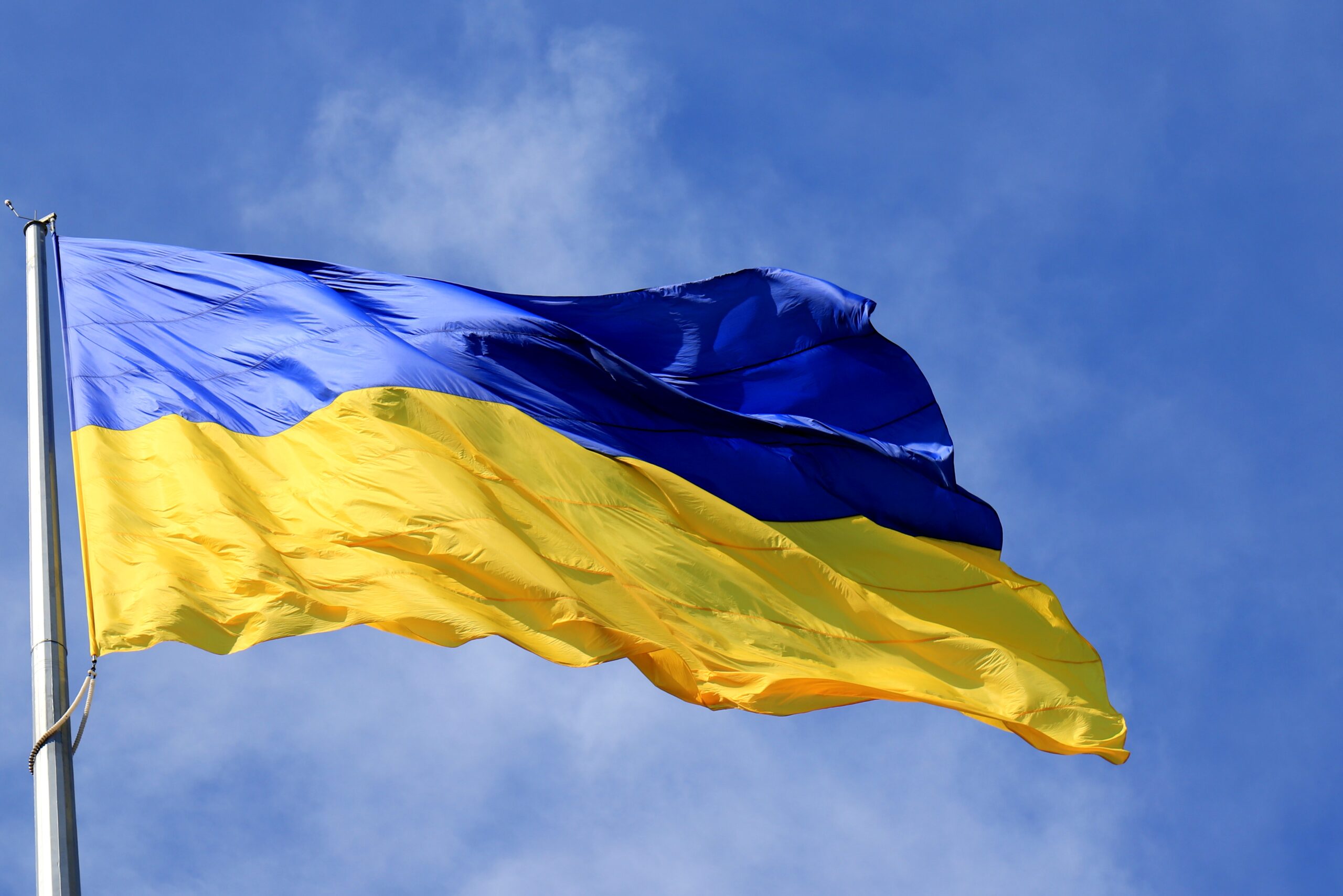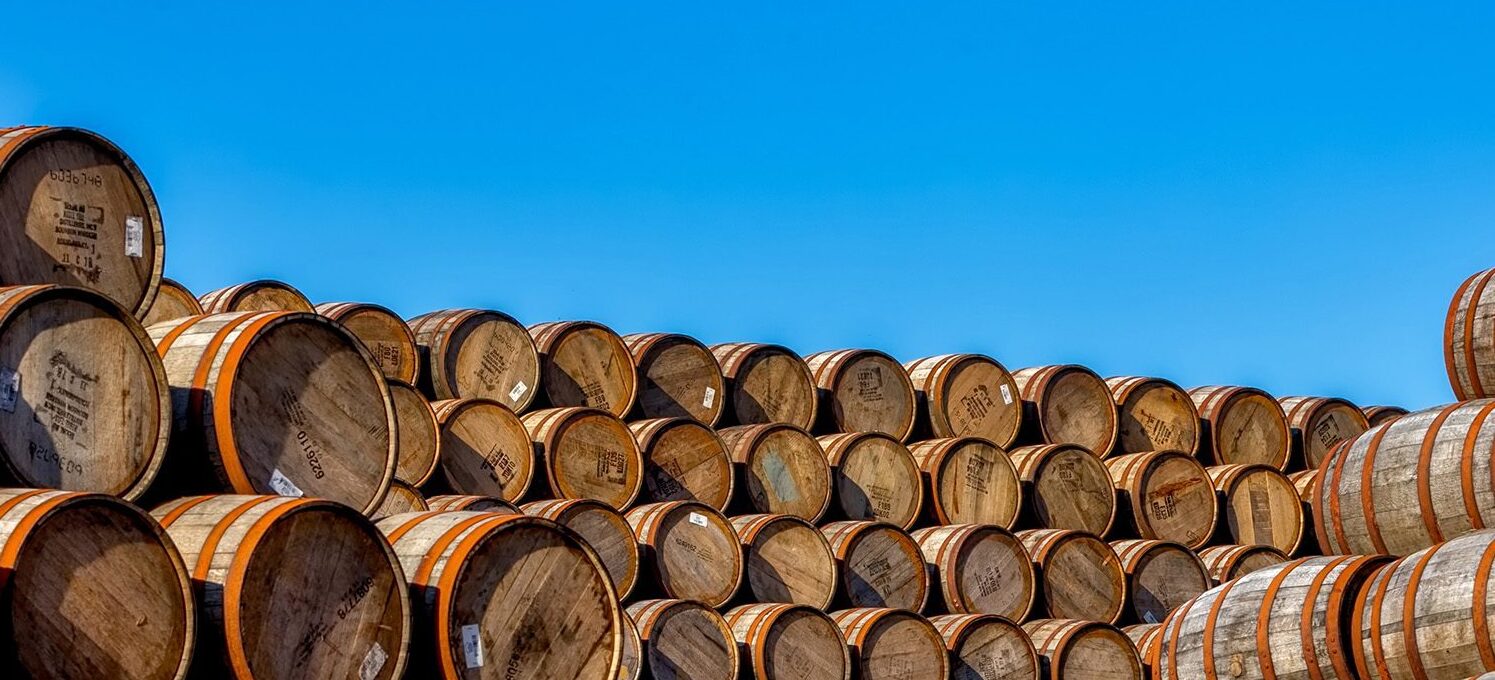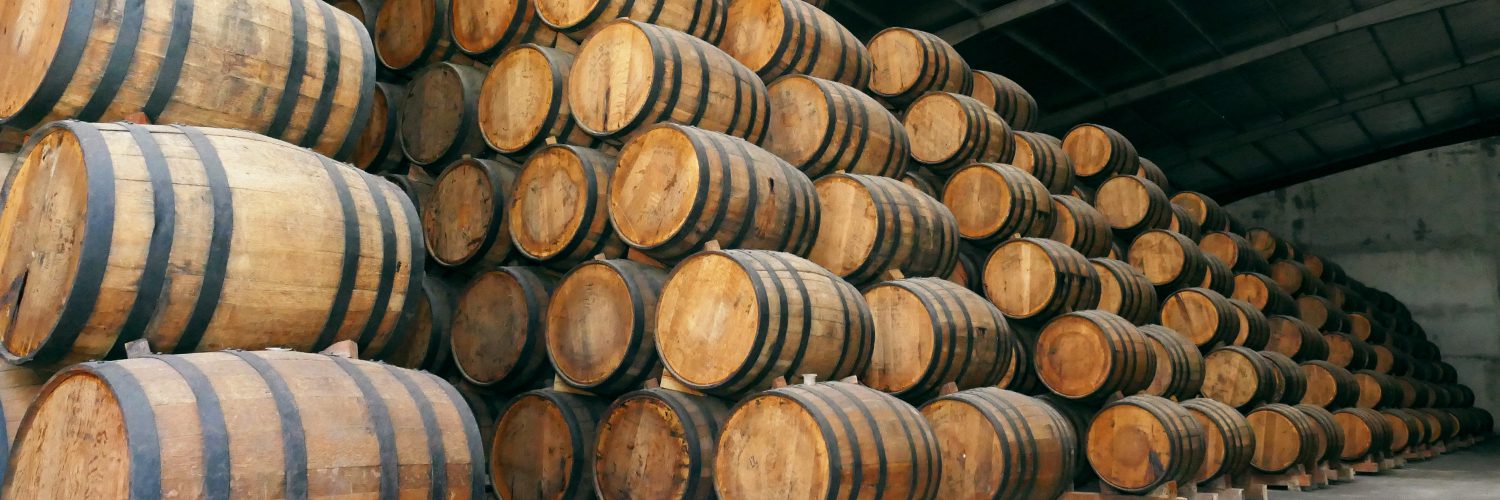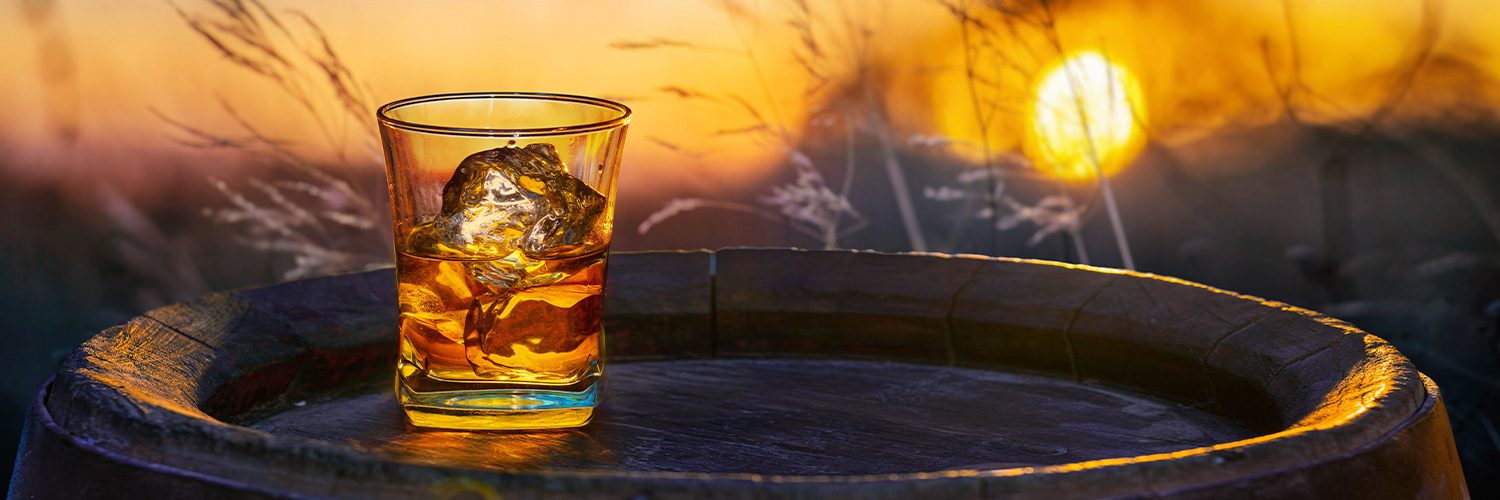This potential ban has sparked discussions, especially in the realm of Scotch whisky production, where peat plays a significant role. Beyond the environmental considerations, the prospect of a ban has raised an intriguing question: Could a peat shortage make peated whisky more scarce and therefore more valuable?
 Learn
Learn
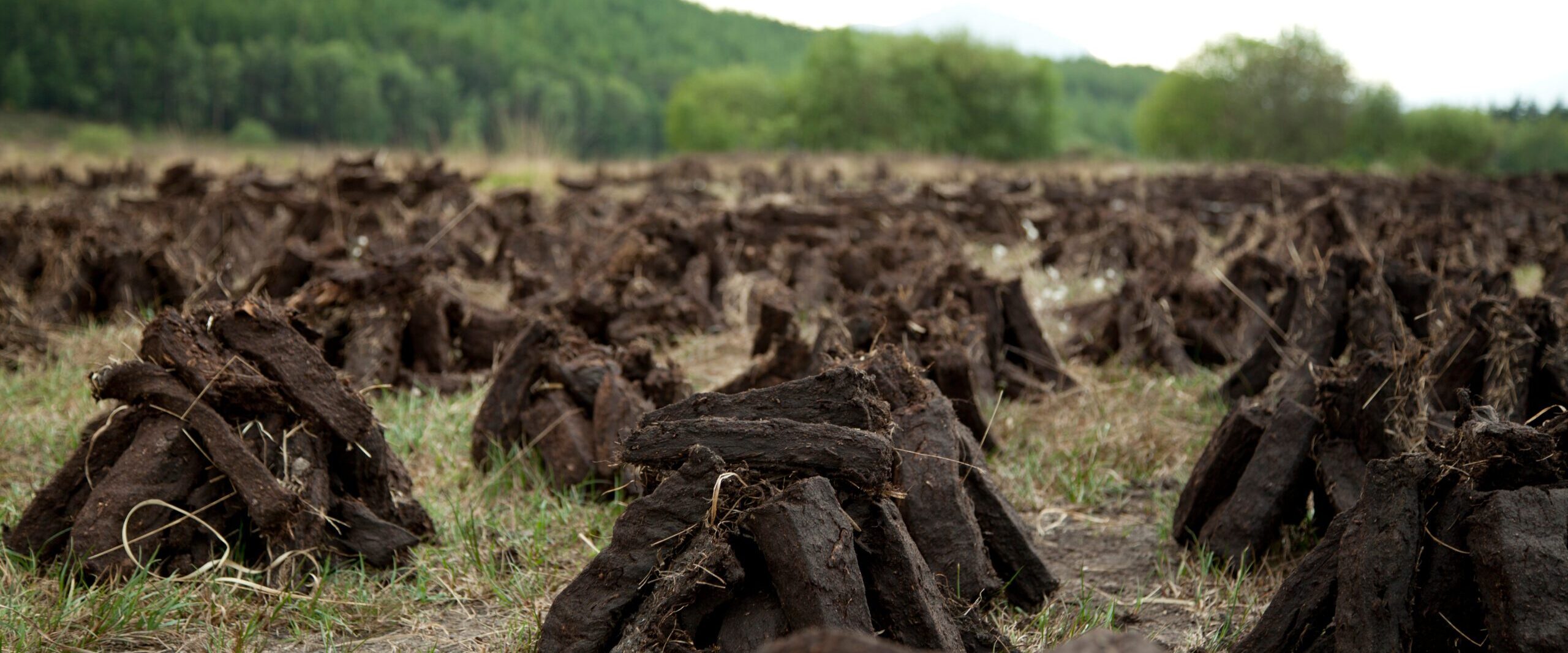
Peat is a type of turf that forms the surface organic layer in soil, composed mainly of decomposed organic matter from vegetation. Found in peatlands, moors, and bogs, peat is formed through waterlogging, lack of oxygen, low nutrients, and soil acidity – not exactly appetising! However, it also is responsible for some of the most loved whiskies in the world.
When peat is used in the distillation process it imparts an aromatic smoke to the whisky. The burning of peat beneath the kilns during the malting process releases compounds that infuse the malt grains with a distinctive, earthy flavour. The additional steps involved in producing peated whisky and the unique flavour profile contribute to its premium status among whisky enthusiasts.
Despite the essential role of peat in Scotch whisky production, its environmental impact has raised concerns leading to calls for a ban. Peat extraction can harm vital ecosystems in peat bogs and contribute to climate change through carbon dioxide emissions. Responding to these concerns, environmental groups and the Scottish government have shown support for phasing out peat use in Scotch whisky production by 2030.
Many Scotch whisky varieties depend on peat for their unique flavour. Without it, substitutes for drying malted barley would be necessary. A few distilleries have already begun experimenting with gas or electric ovens.
The potential prohibition of peat sales in Scotland mirrors a larger commitment to environmental conservation and climate change mitigation. While this move is driven by admirable intentions, it raises questions about the future of peated whisky production. As the Scotch whisky industry adjusts to these changes, both consumers and investors are likely to observe shifts in flavour profiles and production techniques.
The restriction could make the production of peated whiskies more challenging, or even cease it entirely, potentially increasing their rarity and value. For those intrigued by the world of peated whiskies, now might be a crucial time to explore and potentially invest in this unique and storied category before changes take full effect.
For those interested in investing in a peated cask, contact your portfolio manager for more information.


